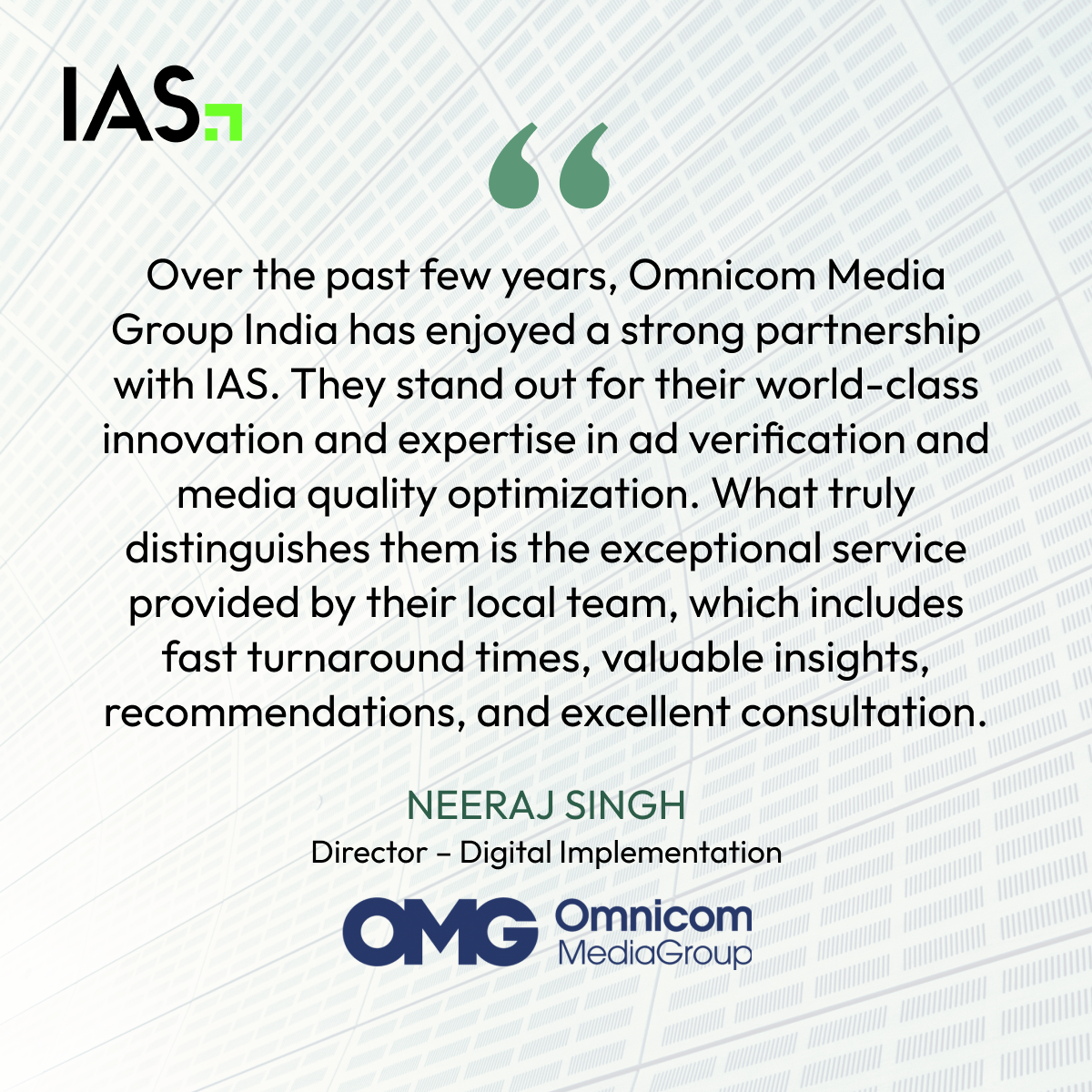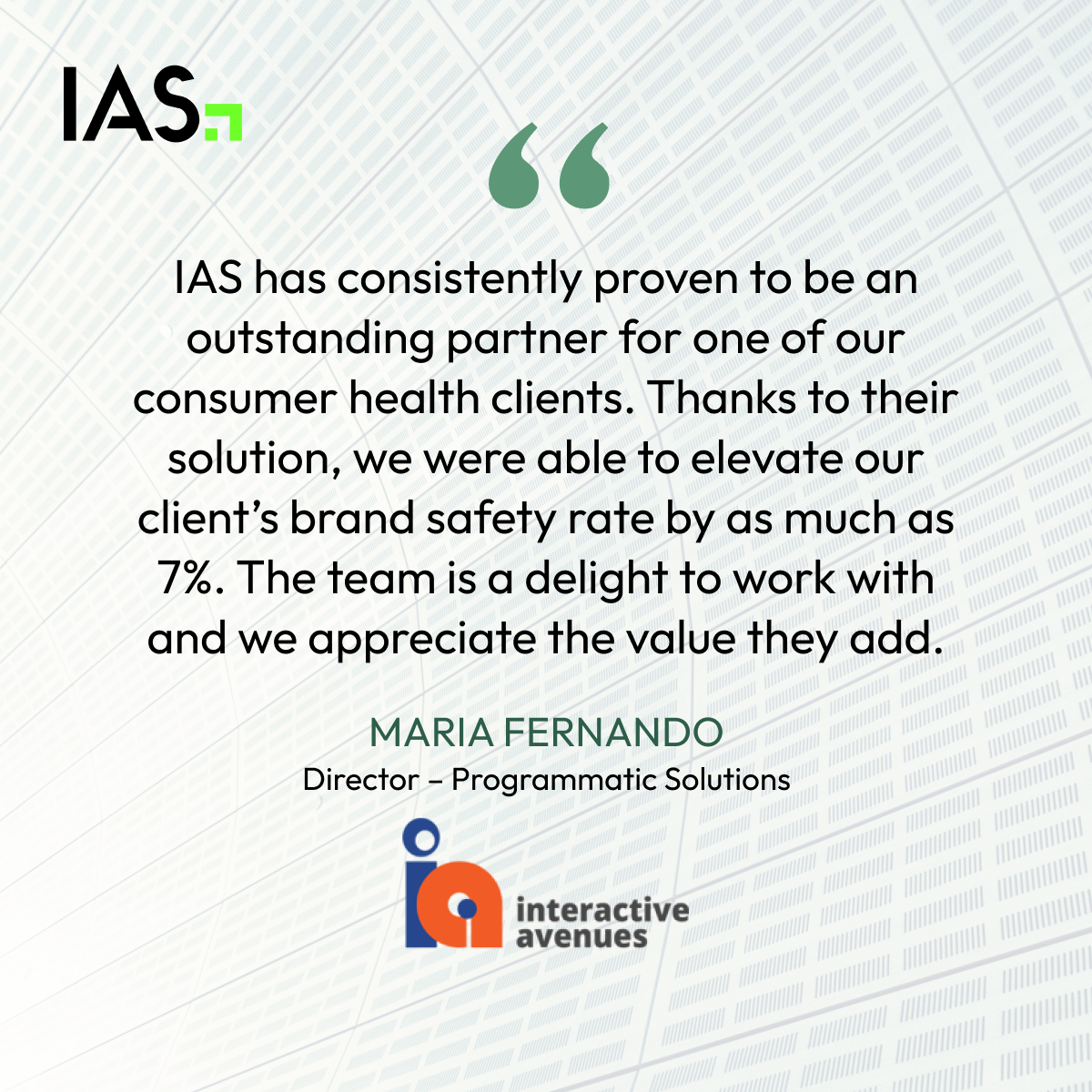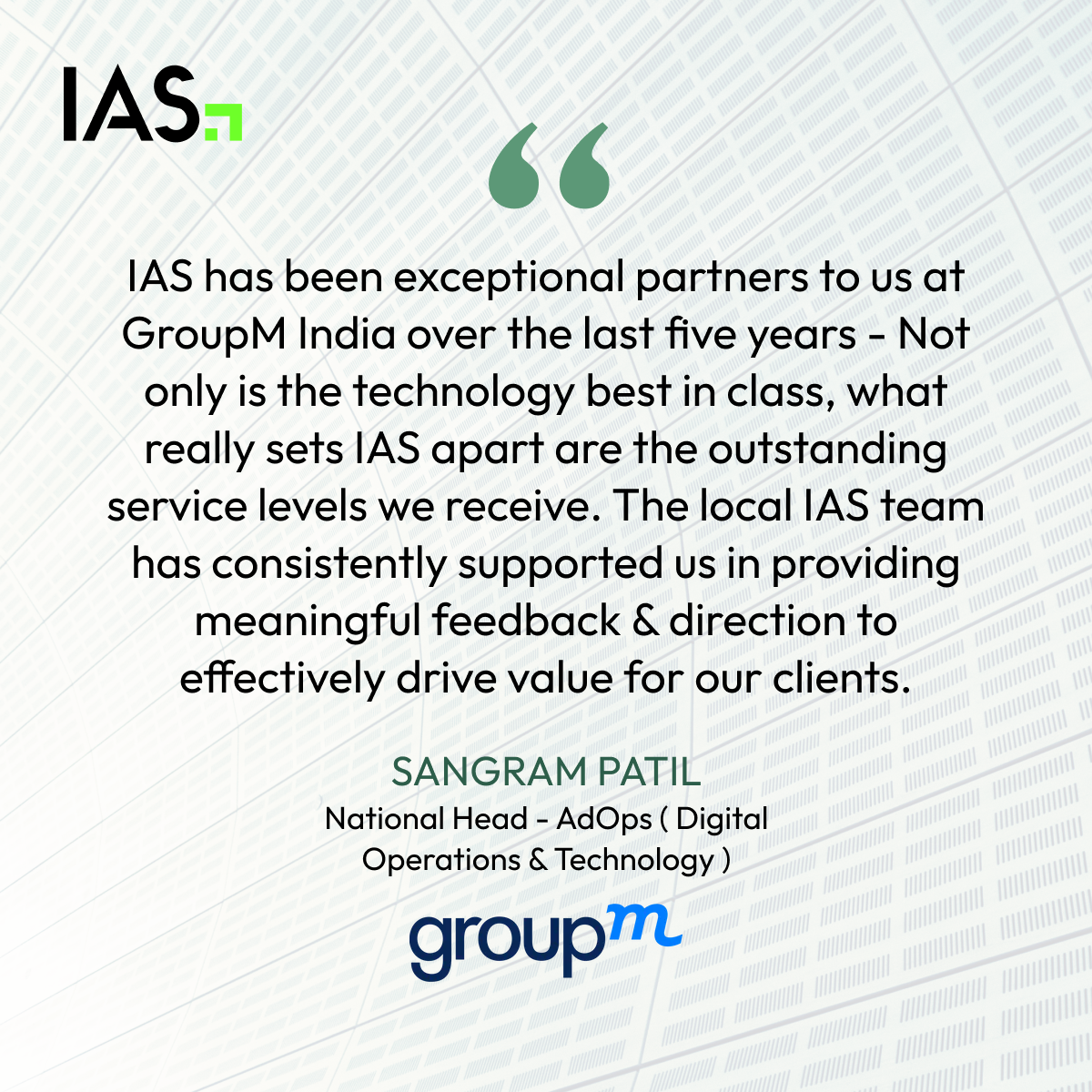Advertising has always been an impressions business. Whether it was newspapers using subscriber counts to represent reach, or television networks transacting on GRPs, the metric for success has always been the number of potential eyes creative can reach. In traditional media, that was the only metric available to measure attention, so it’s not really a surprise that at the dawn of digital, we were still thinking in terms of impressions. In fact, it’s all we’ve been thinking about all these years.
Digital promised to fundamentally transform the way advertisers reach consumers, and in many ways it has. We know a lot more today about how many consumers viewed our ads than the ad men of the 1920’s or 1960s ever could have imagined. But even as we’ve solved for major challenges in digital–Was the ad viewable? How viewable was it? Was it in the desired context?– we’ve still been fixated on impressions. But that’s not the real transformation digital promised. To really change the way we reach consumers, we need to to ditch the impression and start thinking in four dimensions. Impressions have always been a standin for attention, and if we really want to understand attention, we need to understand time. Specifically the time our creative is in view, and how to make that time work for us.
In a recent survey, only 10.5% of digital advertising professionals said that the MRC standard for viewability was strong enough for them to transact on. If an ad can be seen, then it has the opportunity to be effective, but that doesn’t mean that it is effective. A 2016 study commissioned by IAS and Interpublic Group (IPG) found that time-spent is a better indicator of an ad’s overall effectiveness than pixels in view. While 17% of those who viewed an ad at the MRC threshold recalled it, recall remained at 17% for ads that fell below the MRC threshold. By contrast, recall doubled to 32% for ads that exceeded the MRC standard. The main differentiator, researchers found, was not how viewable the ad, but how long the consumer was exposed. In fact, ads with longer exposure time were more readily recalled even if they were less viewable.
Perhaps most importantly, moving time to the forefront gives advertisers the opportunity to optimize their campaigns toward a dynamic metric rather than a binary condition. Ads are either viewable, or not viewable, but time exists on a continuum. Optimal time-in-view can vary by brand, by creative, or by platform giving marketers a wider range of dials to turn when optimizing campaigns for maximum impact.
Time and time-based metrics would open the door to a host of new specialized benchmarks customized by industry vertical, platform, and even specific creative types. Instead of building campaigns around industry averages, advertisers can use benchmarks to build custom time-in-view metrics that will reveal how long an ad should remain in view to create the best opportunity for meaningful brand-specific impact. Rather than simply being descriptive of conditions that exist in the digital ecosystem these benchmarks could be prescriptive, guiding the levels of single-impression exposure campaigns need to reach to achieve KPIs and deliver real growth.
If you’re ready to ditch the impression and let time be on your side, click here to read more about IAS Time-in-view reporting.
 Share on LinkedIn
Share on LinkedIn Share on X
Share on X


